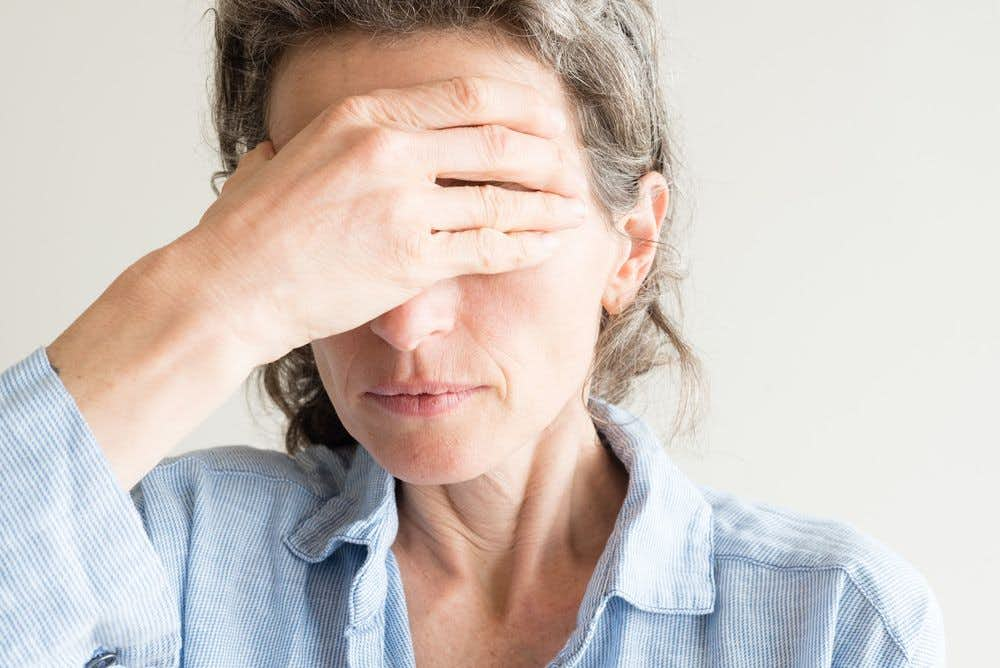April 11th, 2020

“Nothing diminishes anxiety faster than action.” - Walter Anderson

When we get hurt, physically or mentally, feel anxious, or depressed, we all hope to feel better. We seek to feel better by learning how to make ourselves heal and relieve anxieties, in both immediate and long-term ways. In other words, we self-soothe. Self-soothing is a way in which we treat ourselves to feelings of betterment so that we can move forward, past any negativity or pain.
We learn how to self-soothe from the moment we enter this world. Some of our first acknowledgments of our mental feelings and our physical bodies occur as young as a newborn. Infants learn how to self-soothe through means of thumb-sucking. It is from this early age, that we begin to learn and understand that we are capable of healing ourselves, something that we should acknowledge and remember as we move through life.
People may self-soothe for all different types of reasons. Most reasons, however, are due to individual fears or anxieties. People of all different ages suffer from anxieties, that can range from generalized stress to particular events that can trigger stress. In some cases, a person may learn how to self-soothe after a traumatic event, in which anxiety becomes an ever-present issue for them moving forward. For this reason, they may develop ways to help themselves feel stable during a time of instability and fear. Some examples of why people self soothe include:
The act of self-soothing is onset by a term most people are familiar with, anxiety. Anxiety is the most common reason why people learn how to self-soothe. So what exactly is anxiety? Anxiety encompasses situations or thoughts that create or determine any of the following feelings or emotions:
Anxiety itself is a very common mental health issue that has the potential to cause a domino effect of other mental health issues if it is not treated and managed. According to the Anxiety and Depression Association of America,
“Anxiety disorders are the most common mental health illness in the U.S., affecting 40 million adults in the United States age 18 and older, or 18.1% of the population every year.”
Anxiety can be thought of as an umbrella term for a variety of disorders that qualify as fear-based issues that can cause ongoing mental health concerns. Some of these types of anxiety disorders include:
Anxiety can stem from a variety of factors that may or may not overlap to form a web of fears and stressors. Some of these risk factors include:

There are all different ways that individuals learn how to soothe themselves. Of course, variances including age, setting, and individual preferences can all play a role in what is acceptable and appropriate for self-soothing. There are some types of self-soothing that are visible to the public eye which is not necessarily bad nor good, but is obvious to the onlooker that the person may be suffering from anxiety at that moment. Commonly visible ways of self-soothing might include:
Learning how to develop ways to relieve stress and anxiety throughout life is an important skill to have; especially learning how to create positive-seeking and healthy self-care habits. Good techniques for coping with stress are ones that appeal to the five senses:

By seeking methods that can alter your senses, you can begin to calm your nervous system. Furthermore, this can begin to change your mindset and bring you peace by harmonizing your thoughts and emotions.
As mentioned above, learning how to seek relief from stressful situations is crucial to diminishing anxieties. However, when unaware and uninformed about building healthy and appropriate self-soothing methods, bad habits and techniques can form. When poor habits are created in an effort to be used as a form of self-soothing, they can be especially hard to break. Unhealthy and negative forms of coping might include:
Knowing how to cope with stress and anxiety is critical to one’s mental health. It is important to know how to build a skill set for yourself in order to deal with both daily and situational anxieties. Try some of these ways to help increase your awareness and self-esteem, along with building your techniques to relieve your stress:
At Clarity Clinic, we have highly trained staff who specialize in psychotherapy and psychiatry services. To learn more about how we can support your mental health, call Clarity Clinic on (312) 815-9660 or schedule an appointment today.

Our Services
Virtual/Online CarePHP and IOPAdult PsychiatryChild & Adolescent PsychiatryAdult TherapyChild & Adolescent TherapyCouples CounselingFamily TherapyGroup TherapyPsychological TestingTranscranial Magnetic Stimulation (TMS)Resources
Refer a PatientCareersClinical Training OpportunitiesOur ProvidersFree Mental Health TestsCommonly Prescribed MedicationsLocationsBlogIn The NewsClarity Through CharityClarity for AllQuick Links
Patient PortalFAQsAccepted InsurancesContact us